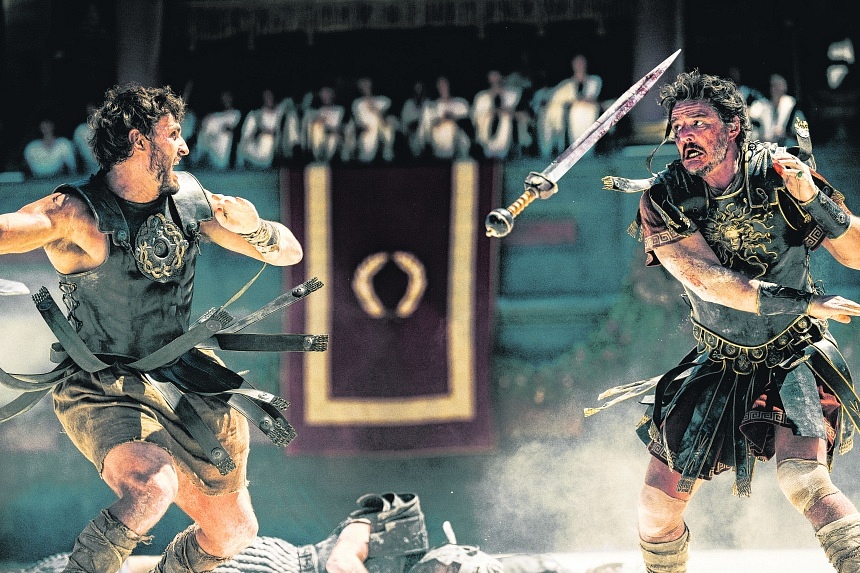
Melanie Racette-Campbell For Romans, bravery, even on the battlefield, was generally a virtue only if it was guided by discipline, based in self-control. For a modern audience, it’s tempting to valourise the Roman gladiator – strong, brave, fierce – as a masculine ideal. Indeed, Ancient Rome has become for many young men an exemplar of a “lost” masculinity, as evidenced by the social media accounts and TikTok posts celebrating Roman culture.
For that crowd, Gladiator II, the blockbuster movie that arrived on Nov 22 in the US, with its arena battles and bloody clashes between sword-wielding warriors (and occasional live sharks), will be a welcome moment to celebrate a Roman notion of manly individualism. There’s just one catch: To ancient Romans, gladiators were not ideals of masculinity, or of heroism. Already a subscriber? Log in Get exclusive reports and insights with more than 500 subscriber-only articles every month $9.
90 $9.90/month No contract ST app access on 1 mobile device Subscribe now All subscriber-only content on ST app and straitstimes.com Easy access any time via ST app on 1 mobile device E-paper with 2-week archive so you won't miss out on content that matters to you Join ST's Telegram channel and get the latest breaking news delivered to you.
Read 3 articles and stand to win rewards Spin the wheel now.














